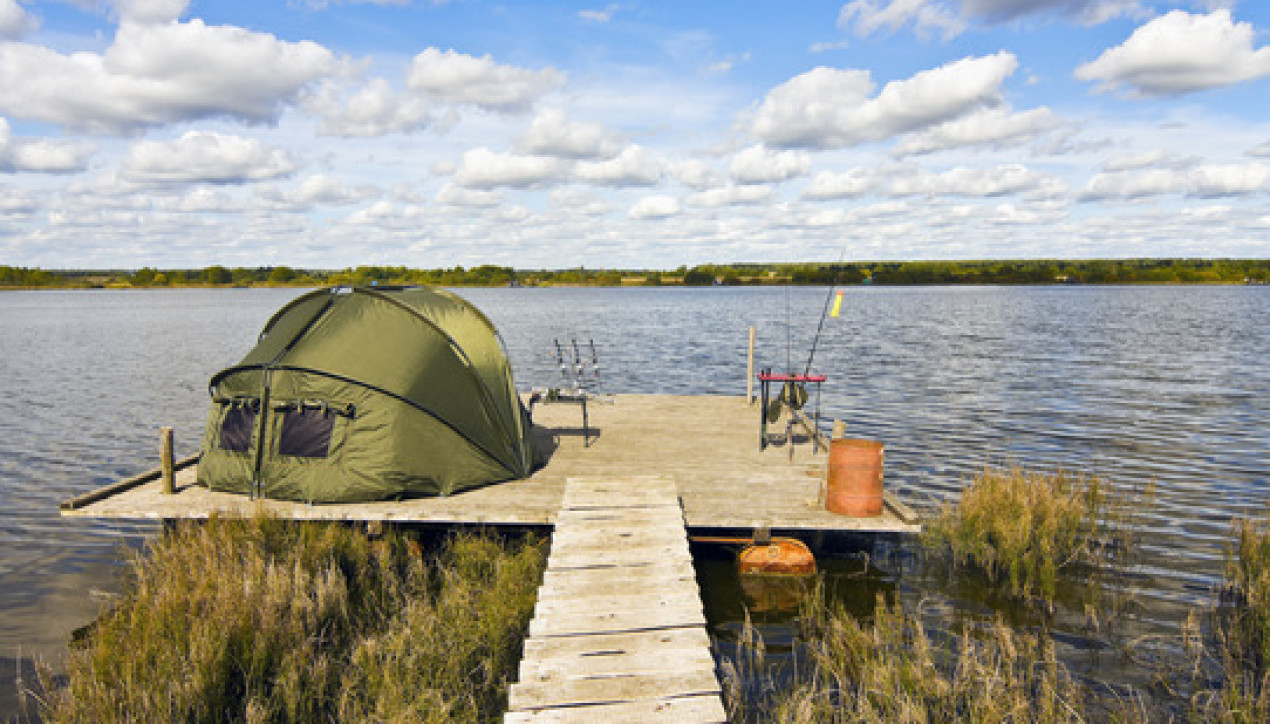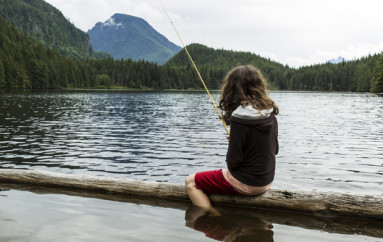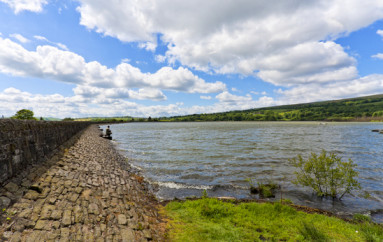
Canada To Loosen Border Restrictions on DWI Offenses
Originally Published on Mar 5, 2012 “From the Dock” NBC Sports
Those who travel internationally often have “border stories.” Some are funny (Like the time my son Pierce, then 9, told a gun-toting Canadian customs agent “Don’t shoot, we’re friends!), while others are horrific. A friend was once arrested on a drug charge after customs found a vial of prescription drugs in his tackle box. The capsules were there because the previous fall my buddy took his father, who was in the latter stages of terminal cancer, on his final fishing trip. What he didn’t realize was the drugs (his father’s) were still in his tackle box months after his father had died.
A few years back, Canada began to crackdown on those with offenses like DWI, which under Canadian law is on level with a felony here. Thousands of would be Canadian tourists being turned away at the border.
For lodge owners like Bob Paluch of Temple Bay Lodge on Ontario’s famed Eagle Lake, the crackdown hit business hard. In Paluch’s case, he estimates a 15-20 percent drop in business and other operations experienced similar declines.
In many cases, particularly those with a DWI conviction that were decades old, being denied permission to cross the border came a shock. And for those traveling in large groups, it often meant the entire group would have to turn around and return home. For lodge owners like Paluch decisions like these cost him thousands each time.
However, it appears the plan is for Canada to loosen border restrictions on DWI offenses for people with only one on their records. According to Jason Kenny, Canada’s Minister of Citizenship, Immigration and Multiculturalism, part of the new Tourism Facilitation Action Plan allows for a one-time exemption for those with minor criminal offenses on their records. This appears to be a stop-gap measure until a permanent solution can be developed.
For anglers (and hunters) who have been prohibited from entering Canada, this ruling is welcomed as it allows them to once again enjoy the great resources available in Canada.




